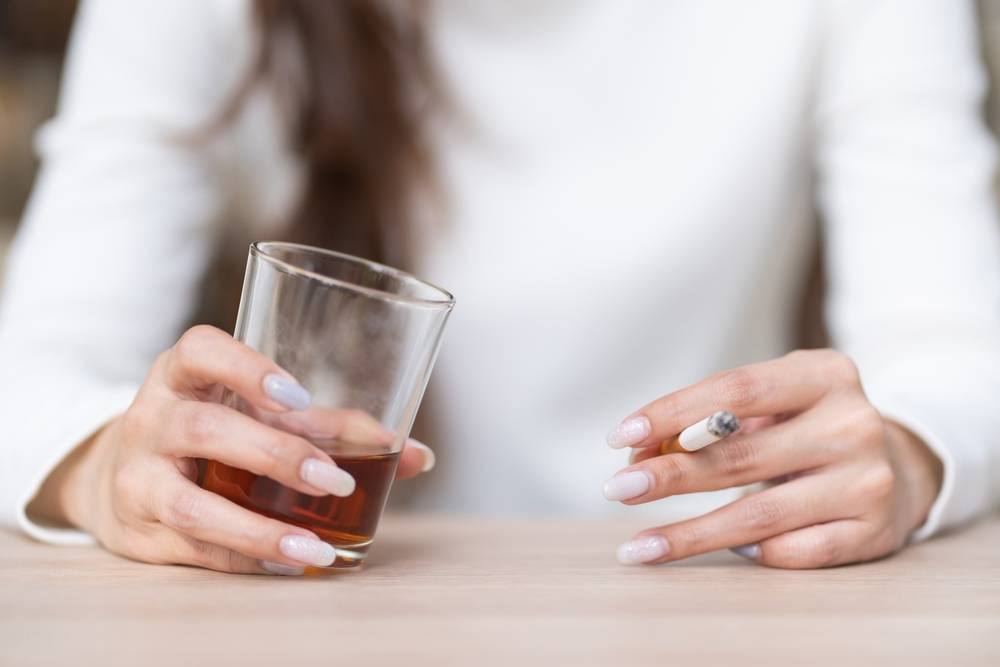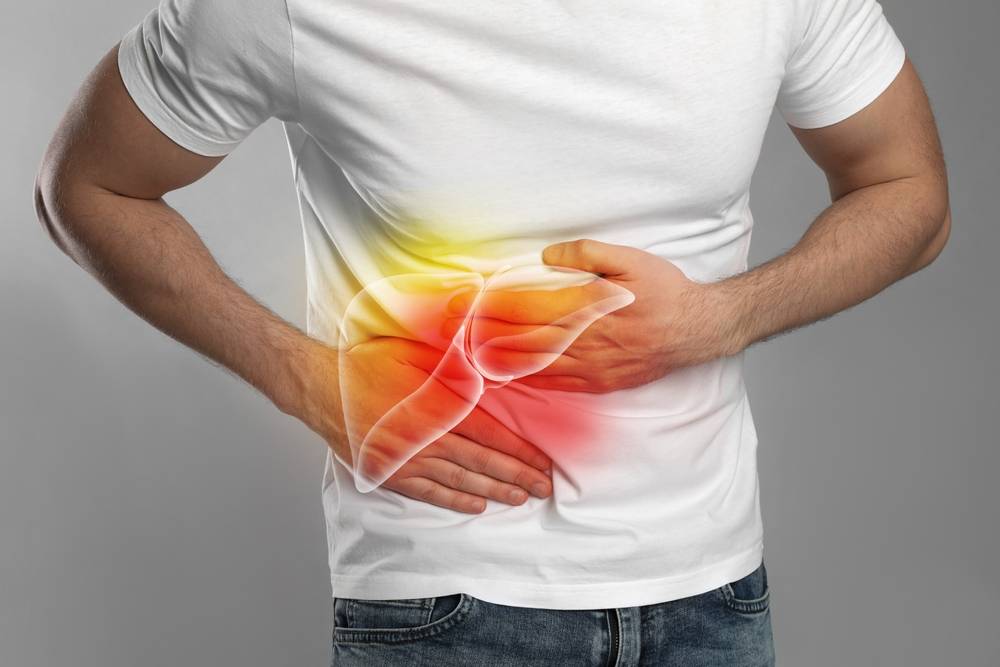For many, a glass of wine at dinner or a cocktail with friends is a way to unwind. But what if that habit is quietly increasing your risk of cancer? With new research uncovering the insidious link between alcohol and cancer, it might be time to rethink that weekend indulgence.
Dr Vivek Murthy, a US Surgeon General, warned that alcohol consumption can elevate the risk of cancers. He also urged for updated health warning labels on alcoholic beverages such as wine, beer and spirits.
Recent studies have revealed that no amount of alcohol is safe, as even light drinking (up to one drink daily) can significantly increase the risk of cancer development. Seven types of cancers – oral cavity, throat, voice box, oesophagus, liver, breast and colorectal cancers are strongly linked to alcohol consumption!
What’s Happening in Your Body?
There are a few possible mechanisms explaining how alcohol can increase the risk of cancer.
Toxic Metabolites

When you sip that cocktail, your body metabolises the ethanol in the drink into acetaldehyde. Acetaldehyde is a toxic compound that damages DNA and prevents cells from repairing themselves. Over time, these disruptions can contribute to the development of cancer.
Excessive alcohol consumption also accelerates the action of enzyme cytochrome P450 2E1 (CYP2E1) which converts ethanol into acetaldehyde. This reaction generates reactive oxygen species (ROS). ROS are carcinogenic molecules that damage healthy cells and contribute to cancer development.
Hormonal Imbalances
Retinoids are vitamin A derivatives responsible for controlling cell growth in the body. They also interact with signalling pathways like oestrogen signalling. Retinoids help to counter the effects of oestrogen in causing breast cancer.
Excessive alcohol reduces retinoid levels in the body through different mechanisms, such as increasing the breakdown of the retinoic acids. With reduced retinoids in the body, oestrogen levels rise and stimulate the development of hormone-sensitive breast cancers.
Immune System Suppression
The natural immune cells in the body include natural killer (NK) cells, macrophages and neutrophils. These immune cells play critical roles in rapidly identifying and destroying the cancerous cells.
Alcohol inhibits the action of the immune cells. As a result, heavy drinking weakens the immune system, making it harder for the body to identify and destroy the cancer cells.
How is the World Doing with Alcohol-Related Cancers?
Alcohol is a preventable cause of cancer. According to Dr Murthy, alcohol is responsible for approximately 100,000 cases of cancer and 20,000 cancer-related deaths annually in the United States.
A global study report in 2020 estimated that 741,300 new cancer cases were attributed to alcohol consumption. Men accounted for 568,700 of these cases. The highest rates of alcohol-related cancers were observed in Central and Eastern Europe, as well as Eastern Asia.
The most common alcohol-related cancers included oesophageal cancer (189,700 cases), liver cancer (154,700 cases) and breast cancer (98,300 cases). Heavy drinking was the leading contributor, accounting for 346,400 of new alcohol-related cancers.
The Link Between Alcohol And Cancer
The link between alcohol intake and several types of cancers is well-established.
Oral and Throat (or Head and Neck) Cancers
Oral and throat cancer refers to cancers involving the lining of the swallowing tract. It mainly affects areas like the mouth, tongue, throat and larynx (voice box).
The breakdown of alcohol produces acetaldehyde, a toxic compound that damages tissues, especially in these areas.
Acetaldehyde, the toxic metabolite of alcohol, is particularly high in the mouth and throat tissues. Moderate-to-heavy drinkers face up to a fivefold higher risk of oral and throat cancers. compared to non-drinkers!

If you smoke, the risk is even higher. Alcohol can help harmful tobacco chemicals penetrate deeper into cells by acting as a solvent.
Oesophageal Cancer
Prolonged alcohol use irritates the oesophagus and contributes to acid reflux, inflammation, and tissue damage, which can increase the cancer risk.
The risk of oesophageal cancer is 1.3 times higher for light drinkers and up to fivefold higher for heavy drinkers. Those who metabolise alcohol less efficiently due to genetic factors are especially vulnerable.
Liver Cancer

Excessive alcohol harms the liver, often leading to cirrhosis (a condition marked by severe scarring of the liver tissues). Cirrhosis significantly increases the likelihood of liver cancer.
Heavy drinking can double the risk of liver cancer. If combined with hepatitis infection, the risk is even higher.
Colorectal Cancer

Alcohol disrupts gut health by altering the microbiome and promoting inflammation. As a cancer-causing compound, acetaldehyde damages the DNA of colon and rectum cells, triggering unusual cell replication and tumour formation.
A review in 2019 shared that greater alcohol consumption rapidly increases the colorectal cancer rates. Even light drinkers have an increased risk, which escalates with higher consumption.
Breast Cancer
Breast cancer is associated with increased oestrogen levels in women who consume alcohol. Alcohol may enhance the susceptibility of mammary gland (gland at the breast that produces milk) cells to cancer, damage the DNA in these cells and promote the spread of breast cancer.
Studies found a slight increase in breast cancer risk among light drinkers compared with non-drinkers. The risk is dose-dependent, rising from light (1.04 times) to heavy drinking (1.6 times).
Pancreatic Cancer
Heavy drinking contributes to chronic pancreatitis (long-term inflammation of the pancreas), which is can lead to pancreatic cancer. Alcohol also triggers the early activation of digestive enzymes, causing inflammation and tissue damage.
Read also: Pancreatic Cancer Alert: Are You Ignoring These Red Flags?
Factors That Influence Cancer Risk from Alcohol
- Quantity of Alcohol: The more alcohol consumed, the greater the cancer risks.
- Type of Alcohol: Beer, wine, and spirits all pose risks as they contain ethanol.
- Drinking Patterns: Binge and chronic drinking are especially harmful.
- Genetics: Individuals with enzyme deficiencies metabolise alcohol slower, making them at higher risk of cancer.
- Combined Risk Factors: Tobacco use, poor diet, and lack of exercise may exacerbate the cancer risk associated with alcohol.
What Can You Do?
The best way to reduce your risk is to avoid alcohol entirely. But if that feels unrealistic, focus on moderation and prioritise other healthy lifestyle choices.
You can begin with small steps – over time, this can make a big difference to your health!
Try these tips!
Swap your drink for sparkling water – Add a slice of lime or mint for a refreshing, alcohol-free alternative.
Set drink-free days – Designate certain days of the week to avoid alcohol entirely.
Opt for smaller servings – Choose a half-pint or small glass instead of a full pint or larger pour.
Find social alternatives – Plan activities that don’t revolve around drinking, like coffee meetups or exercise classes.
Track your intake – Keep a diary of how much you drink to stay mindful.
Alcohol is a known contributor to cancer, and as you know, no amount of alcohol is entirely safe. Making small, consistent changes to how and when you drink can help you feel healthier, more in control, and confident in your ability to enjoy life without depending on alcohol.

